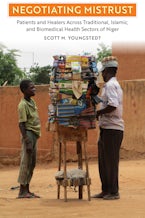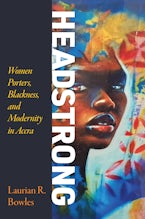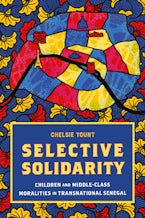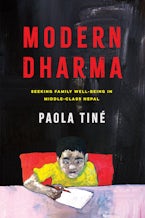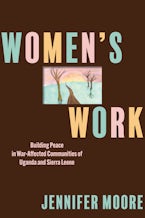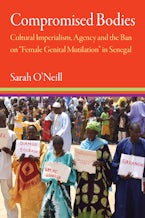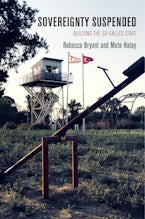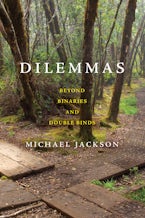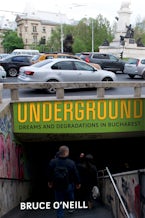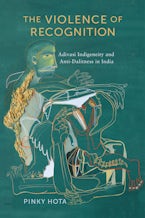Unravels the complexity of pervasive mistrust across the primary medical sectors of Niger
Negotiating Mistrust examines a wide diversity of patients and healers—and interactions between them—in Niamey, Niger through the analytical prism of mistrust. It offers a holistic study of the medical landscape in Niamey by focusing on the intersections between three medical sectors: traditional, Islamic, and biomedical.
Scott M. Youngstedt asserts that nuanced analysis of the interplay between mistrust and trust is key to understanding the decisions that health-seeking Nigériens make among the multiple options available to them, while recognizing that in one of the world’s very poorest countries, many forms of biomedical care—and some traditional and Islamic medicine—are unaffordable to most people. He demonstrates that mistrust and trust are not mutually exclusive, usually not absolute but exist on a fluid continuum, involve cognitive and affective dimensions, and are shaped by shifting historical, contemporary, and personal contexts. Medical mistrust often functions as a pragmatic, defensive attitude of engagement with uncertainty and risk. Mistrust complicates medical decision-making, but Nigériens are not paralyzed by it. Despite pervasive mistrust of medical systems and institutions, medicines, and healers of all sectors for diverse historical reasons, tens of thousands of Nigériens consult with and purchase medicines from healers daily on the streets of Niamey because their determination to get well helps them overcome their skepticism. Since people in Niamey are often mistrustful of medical care of all three sectors, practitioners must exert enormous energy earning potential patients’ trust. Negotiating Mistrust focuses on the careers of generalist practitioners—healers who treat thirty or more conditions ranging from everyday annoyances to life-threatening problems—of all three sectors who work on the street and in roadside boutiques.
Medical mistrust in various forms is widespread, possibly even universal. This focused study of the medical mistrust-trust dynamic in Niger yields important insights into health care interactions and medical decision-making worldwide.

